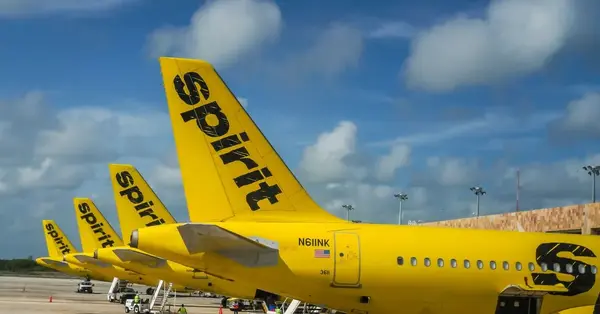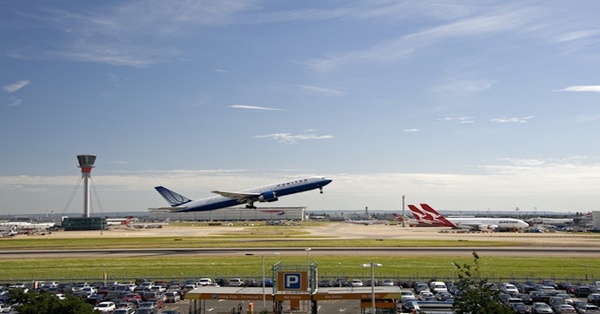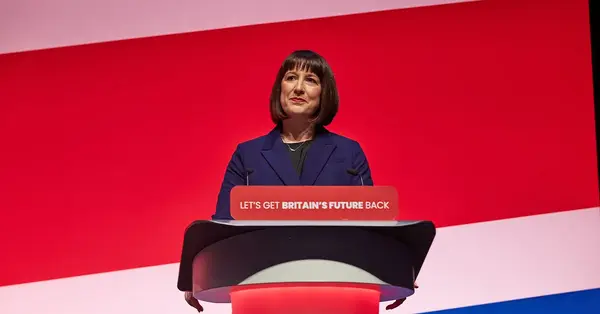You are viewing 1 of your 2 free articles
Special Report: Package travel reforms not yet tied up
The government’s slimmed-down reforms of the regulations still provoke controversy, reports Ian Taylor
Policy advisors to the Department for Business and Trade (DBT) have acknowledged that proposed reforms of the Package Travel Regulations (PTRs) have been “slimmed down . . . to wrap this up by Christmas”.
But even the limited proposals in the consultation published in April, with a focus on exempting some domestic packages and allowing greater flexibility of financial protection provision, have failed to attract cross-industry agreement.
The demands of UK hoteliers and smaller domestic tourism businesses lie behind proposals to remove domestic package holidays without a travel element from the regulations.
But aviation and travel lawyer Jo Kolatsis, director of Themis Advisory, told a recent Abta Travel Law Seminar: “If we’re going to give consumer protection, we should give it across the board.”
Noting the government is “looking at removing a volume of trips” from the regulations, she asked: “Are we heading toward a two-tier system?”
The DBT proposes exempting domestic packages which don’t include travel, noting in the consultation: “We’re looking to encourage the provision of arrangements that involve accommodation and other tourist service such as excursions or admission to events and attractions.”
The department also proposes to clarify when ‘other tourist services’, such as concert tickets, sports events, excursions or spa treatments form part of a package. Currently, ‘other tourist services’ are considered part of a package if they make up a ‘significant proportion’ such as 25% or comprise an ‘essential feature’ of a booking.
Kolatsis argued: “I’ve used that 25% rule when giving guidance. Why give people more scope to sell outside the regulations when this is about consumer protection?”
She said the proposals would “put the international market out of synch with the domestic”.
However, Danielle Gazi, senior policy advisor for consumer and competition policy at the DBT, said: “Small and medium-size enterprises [SMEs] and micro businesses are unable to offer ‘bundles’ due to the [current] PTRs requirements because they’re unable to get insurance [to financially protect these].
“We would like to grow the domestic sector, and this fits the wider government growth programme.”
She insisted: “Our core aim is not to have the travel element removed. It’s to allow people to create micro-bundles. There is no intention to create a two-tier approach.”
Gazi said feedback from the domestic coach sector suggests it’s “very happy to keep the travel element” in the regulations, and argued the proposed change in definition of ‘other tourist services would “essentially take us back to the 1992 regulatory position”.
Her fellow DBT policy advisor Andrew Powell said: “We’ve heard overwhelmingly from the SME sector that the regulations are a burden.”
Action on Linked Travel Arrangements
The new category of holiday booking, the Linked Travel Arrangement (LTA), created by the EU in its 2016 Package Travel Directive and its incorporation into the UK’s Package Travel Regulations of 2018 remains at best a curate’s egg creation and a curiosity.
The extent to which holidays are booked as LTAs, with limited consumer protections under the PTRs, remains unclear – including to government policy advisors.
Andrew Powell, an advisor to the Department for Business and Trade (DBT) on PTRs reform, told the Abta Seminar: “Are LTAs being used? We’re not sure.
“Are they being used and people don’t realise? Quite possibly. Are they a necessary evil to cover a loophole [in the regulations]?”
Powell noted that in responses to a Call for Evidence on PTRs reform in 2023: “We were told LTAs were not being used.”
Now, he said: “We’re having conversations that LTAs are being used.”
The current consultation on PTRs’ reform proposes to retain the LTA category but “limit the ways in which an LTA can be created”.
Fellow DBT policy advisor Danielle Gazi said: “We know certain sectors do use LTAs.” She argued: “We could get rid of LTAs or turn everything into a package. We want you to say if you use them, or why you don’t use them?”
There are currently two types of LTAs, involving the purchase of two or more services for a single trip – type A involving two or more services under separate contracts with individual providers made on a single contact with a point of sale, and type B involving separate payment for two or more services online for the same trip through targeted, linked booking processes within 24 hours.
The government proposes replacing these with a single revised definition, abolishing type B.
Abta director of legal affairs Simon Bunce agreed LTAs “are not being used generally, but some businesses are doing it”.
Flexibility on insolvency protection
The government is also keen to gauge industry reaction to proposals for increased flexibility in provision of package travel insolvency protection.
Powell noted “a lot of support for increased flexibility”, saying the Call for Evidence in 2023 “heard there is a lack of options”.
The current consultation proposes allowing a combination of bonds and trust arrangements.
Gazi noted it would still “be for the bond provider to decide the level of bond”, but said: “We want to know is it worth introducing this? Is it practical?”
The consultation also proposes relaxing requirements that restrict insurance provision to providers authorised in the UK, Channel Islands or Isle of Man.
Gazi said: “We’d like to hear of any benefits or concerns about opening up the restrictions.”
Will Plummer, chief executive of Trust My Group, made clear his opposition, saying: “The concern is the market gets flooded. Then if there is a failure, will the [UK’s] Financial Conduct Authority have the power to ensure the insurer pays out?”
Even increased choice and flexibility may not necessarily be a good thing, it seems.


















